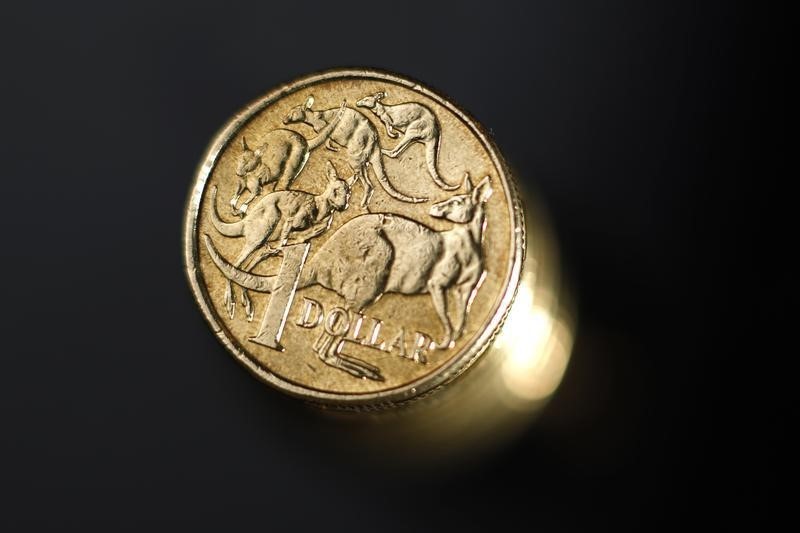By Swati Pandey
SYDNEY, May 28 (Reuters) - The Australian and New Zealand dollars held near multi-week highs against the euro on Monday as the common currency suffered steep declines on political turmoil in Italy and Spain and weak economic data from Germany.
The antipodean currencies gained on the greenback as risk appetite revived on hopes a summit between U.S. President Donald Trump and North Korean leader Kim Jong Un will go ahead as scheduled. Australian dollar held at 1.5460 per euro EURAUD= to approach a near four-month top of 1.5402 set on Friday. It rallied as much as 1.5 percent last week for a fifth consecutive weekly gain - the biggest since mid-December.
The New Zealand dollar was last at 1.6851 per euro EURNZD= after jumping to 1.6829 on Friday, a level not seen since April 18. It climbed more than 1 percent last week.
The euro has generally been on the back foot since Italy's inconclusive March 4 elections in which the far-right League and anti-establishment 5-Star Movement won the most seats.
Efforts to form a coalition government collapsed on Sunday, after the Italian president rejected the nomination of 81-year-old economist Paolo Savona, a vocal critic of the single currency, to head the economy ministry.
The rejection could trigger a constitutional crisis and raise the prospect of fresh elections. to the uncertainty, Spanish Prime Minister Mariano Rajoy was threatened with no-confidence motions and demands for a snap election. top of those challenges, Germany's performance of manufacturing index fell to a 20-month low in May, indicating faltering momentum in Europe's economic powerhouse.
The Aussie AUD=D4 gained 0.2 percent to $0.7567 after rising 0.5 percent last week to break a five-week stay in the doldrums.
The New Zealand dollar NZD=D4 added 0.4 percent to $0.6946, well above a recent five-month trough of $0.6851. It finished flat last week after five straight weekly losses.
The antipodean currencies have been trapped in narrow ranges recently and analysts expect that trend to continue for some while yet.
The Aussie, in particular, is caught between a rising dollar pushing it lower and stronger commodity prices pulling it higher.
"We are mistrustful of the USD sustaining its current strength indefinitely," National Australia Bank said in a note. "But we also see reason for some key Australian commodity export prices to come lower in the second half of 2018."
"This push-me-pull-you scenario, were it to eventuate, would likely mean AUD/USD not moving dramatically away from $0.75," it added.
New Zealand government bonds 0#NZTSY= rose, sending yields about 4 basis points lower at the long-end of the curve.
Australian government bond futures gained, with the three-year bond contract YTTc1 up 3 ticks at 97.830. The 10-year contract YTCc1 climbed 45 ticks to 97.255
